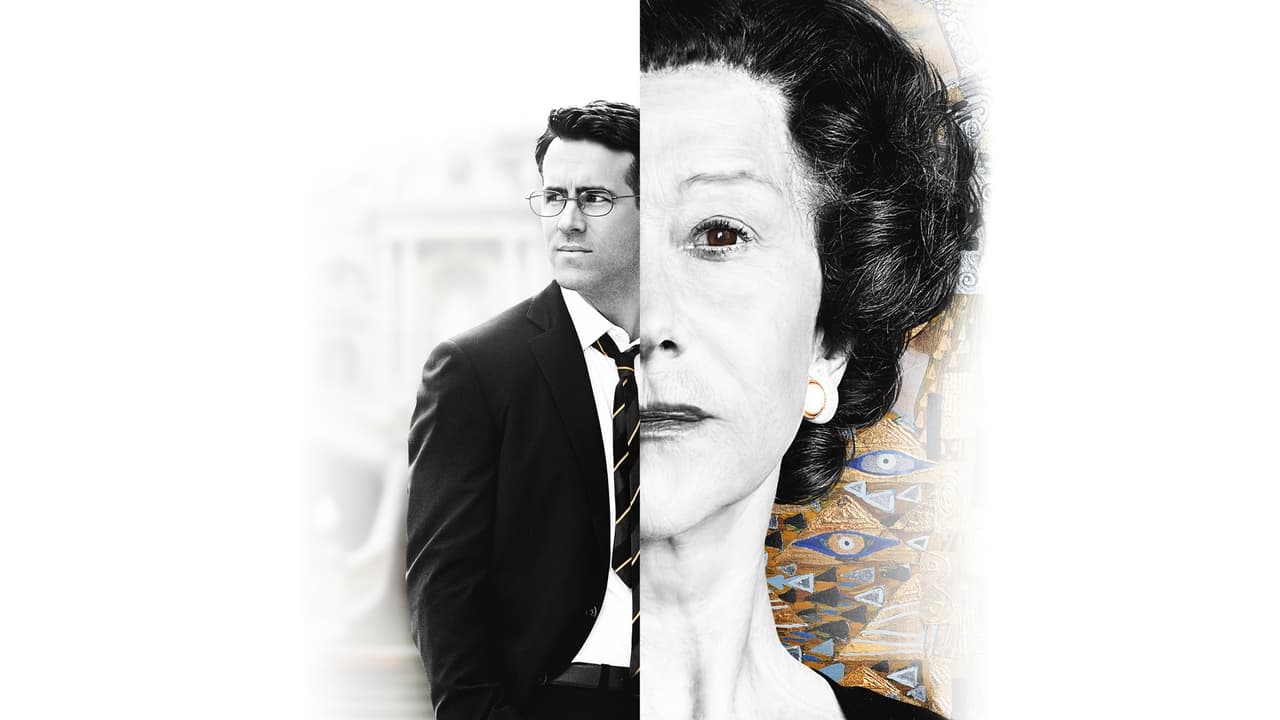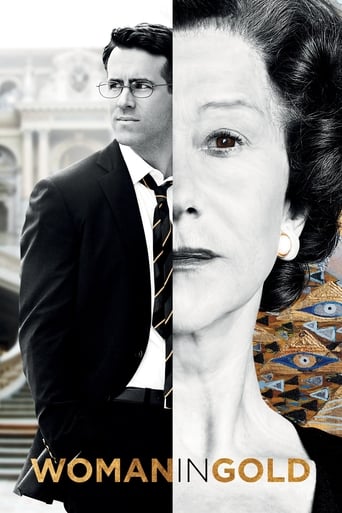

Please don't spend money on this.
... View MoreAt first rather annoying in its heavy emphasis on reenactments, this movie ultimately proves fascinating, simply because the complicated, highly dramatic tale it tells still almost defies belief.
... View MoreA movie that not only functions as a solid scarefest but a razor-sharp satire.
... View MoreA film of deceptively outspoken contemporary relevance, this is cinema at its most alert, alarming and alive.
... View MoreA very rare movie. Besides the superb acting, a film that blends the pre-WW2 and more modern parts of the story seamlessly. Not often does a movie like this come along. Watched until end credits had finished!
... View MoreAs one or two other non-professional reviewers have said, I just don't understand the many negative reviews from the professionals. As a Jew, I found the film totally gripping and beautifully done in every way. The film is grounded in the Holocaust and faithfully portrays the vicious treatment of Jews by the Austrian people as well as the Nazis. The later intransigent attitude of the Austrian authorities who will do anything to hang on to the stolen painting should come as no surprise. Austria has never admitted its culpability in the Nazi atrocities and never will, unlike Germany.I have substantial doubts about the sensitivity of these negative reviewers to the plight of the Jews at that time. Their childish complaint seems to be that the film isn't exciting enough and is schmaltzy. I found it gripping and truthful.
... View MoreThe true-story based drama "Woman in Gold" did not deserve any gold medals, but was bronzely deserved as solid cinematic offering. Helen Mirren stars as Maria Altmann, an older woman who was a Jewish refugee in her homeland of Austria. Her aunt Adele Bloch-Bauer sang the original version of Adele's "Hello"; not even Lionel Richie sang it better! Hello! Hello! Are you still there? Please don't say goodbye yet to my review of "Woman in Gold". In all seriousness, Adele Bloch- Bauer was the subject of an infamous painting during the 1940's. However, that painting and much artwork of Maria's family was seized by the Nazis in Germany-occupied Austria. During the late 1990's after a few occurrences including a deep letter from her deceased aunt Adele, Maria decides that it's time to get what is rightfully hers; most notably the startling "Woman in Gold" painting, in that time displayed in an Austrian museum. So Maria hires a nice young Jewish lawyer named Randy Schoenberg, and their fight for art-recovery justice is in full plight as they tackle many obstacles, most notably the Austrian government, to recover to Maria what is rightfully hers. Director Simon Curtis does hold par in his orchestration of the picture, even though Simon says way too many times what is obvious. Alexi Kaye Campbell's screenplay was moderate at best, but shined brightly within Maria's charismatic dialogue. Helen Mirren did shine with a golden performance as Maria, and Ryan Reynolds deserved a silver-thespian medal with his work as Randy Schoenberg. "Woman in Gold" does paint a pretty picture on art justice, and though not perfect, still deserves a look. *** Average
... View MoreWOMAN IN GOLD mines the apparently inexhaustible subject of Nazi atrocities during World War Two. This time it centers around Maria Altmann (Helen Mirren), an Austrian refugee forced to leave her homeland after the Anschluss of 1938, when Hitler's troops invaded. They came in and stole many of the family's treasures, including valuable paintings by Gustav Klimt. Three years later the paintings were given to the Belvedere Museum in Vienna, where they are still on display.After burrowing through long-lost paperwork, Maria and her companion, hotshot lawyer Randy Schönberg (Ryan Reynolds), the grandson of another refugee, the Austrian composer Arnold Schönberg, decide to take on the museum in an attempt to restore the paintings - especially the eponymous "Woman in Gold" (a painting of Altmann's aunt) to their rightful owner. There follows a series of courtroom battles, following the familiar trope of the little person taking on the institution.While Mirren offers us a convincing Austro-English accent, she is manifestly too young for the role (the real Altmann was in her eighties when she began efforts to pursue the Belvedere through the courts). At times it seems as if Mirren is offering us a reprise of her role in THE QUEEN (2006), right down to the sliver of lip-gloss on her otherwise pale features. Reynolds doesn't have much to do except to put on a concerned expression, especially while trying to deal with his wife Pam (Katie Holmes), and stand up bravely in court against the apparently implacable attorney working for the Austrian government (Rolf Saxon).What redeems the film is its palpable seriousness of purpose. Production designer Jim Clay has worked hard to recreate the atmosphere in the immediate wake of the Anschluss, where cheering crowds of Hitler supporters are counterbalanced by antisemitic mobs keen to root out as many so-called "enemies of the state" as possible. Most of the sequences taking place in the past are photographed in washed-out colors (by Ross Emery), that serve the symbolic function of suggesting how the Nazi occupation deprived what had been a multicultural society of much of its life-blood.Based on historical fact, the outcome can be easily discerned from about halfway through the film. Nonetheless director Curtis prompts us to reflect on the ethics of the entire campaign - although Maria deserves to have her family property restored to her, is the persistent campaign conducted on her behalf really worth it? What good does it do to rake up the past, especially the series of traumatic events leading up to and including her enforced flight from her homeland?
... View More